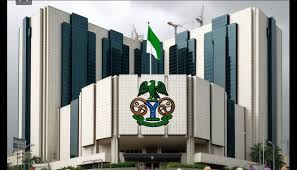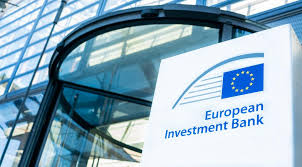In response to rising inflation that reached a 28-year high and further pressure on the naira on both the official and black markets, Nigeria’s central bank hiked its benchmark interest rate on Tuesday for the fourth time this year.
Governor of the Central Bank of Nigeria, Olayemi Cardoso, stated that in order to combat inflation, the bank’s main lending rate was raised from 26.25% to 26.75%.
“While monetary policy has been moderating aggregate demand, rising food and energy costs continue to exert upward pressure on price development,” Cardoso stated at a news conference.
The rate was raised by 50 basis points on Tuesday by the bank’s Monetary Policy Committee, following rises of 150 basis points in May, 200 basis points in March, and 400 basis points in February—the most increases in nearly 17 years.
In June, the most populous country in Africa experienced an increase in inflation for the 19th consecutive month, reaching 34.19% in annual terms, against the forecast of 50 basis points by analysts.
“As of right now, we believe that this round of hikes comes to an end with today’s decision,” Capital Economics Africa economist David Omojomolo stated.
He said that rate cuts were unlikely until the next year.
“But there’s clearly a risk that further inflation surprises prompt the (central bank) to tighten monetary conditions further, either through outright rate hikes or by tweaking liquidity provision,” he stated.
Laptops 1000After requesting that lawmakers authorize an additional 6.2 trillion naira in expenditure to cover deficiencies in this year’s budget, President Bola Tinubu’s administration decided to boost the minimum wage to 70,000 naira ($44) per month last week, potentially driving up inflation even more.
Tinubu’s administration has reduced gasoline and energy subsidies and devalued the local naira currency twice, which has increased price pressure.
According to Cardoso, interest rates will remain high for as long as it takes to reduce inflation.
In May, the International Monetary Fund upped its growth prediction for Nigeria’s economy to 3.3% in 2024 from 2.9% in the previous year, citing a recovery in the trade and services sectors.




















